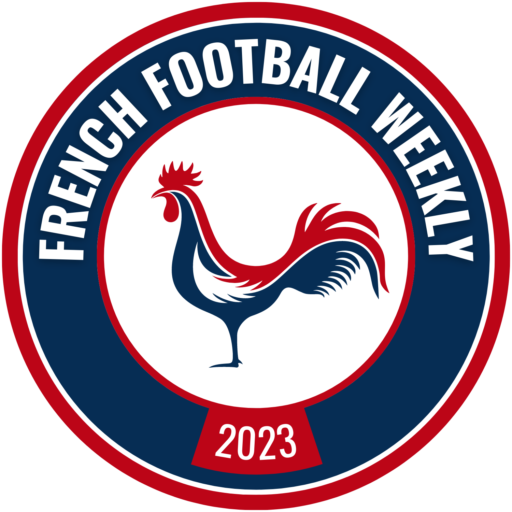ARTICLE AD
This is surely a lackluster Ligue 1 promotion. This Sunday, at the end of the 9th day of Ligue 1, the Classic between OM and PSG was eagerly awaited by supporters of the two rivals. Even Ligue 1 observers expected a lively and close meeting between two teams that have been there since the start of the season in the elite. However, the expected spectacle was not there this Sunday at the Vélodrome. Completely going through its first minutes of play, Marseille was put in difficulty in the 20th minute with the expulsion of Amine Harit for a clumsy gesture on Marquinhos. A decision which provoked the ire of spectators of the match, because this gesture put the Marseillais in great difficulty and condemned them to a bitter defeat against their great rival (0-3). Worse still, it also truncated the spectacle of the match as the match felt like a big purge afterwards. Obviously, with such an arbitration decision, the noose tightened around François Letexier. Considered one of the best referees in France, the latter crystallized tensions on social networks after the match.
In a very courageous manner, the Classic referee therefore wanted to explain his contested arbitration decisions at the microphone of DAZN. And for him, his decision is implacably logical: “I see Amine Harit arriving with his leg extended towards his opponent’s torso. This is the first thing I see at real speed. From the start, I have the feeling that this gesture endangers the physical integrity of his opponent. Despite everything, I take the time to think. Very quickly, Marquinhos takes off his t-shirt and I see the mark of the crampons at the level of the sternum. These two elements, both what I perceived at real speed and the consequences of the gesture, which decided me to exclude Mr. Harit. I want to confirm my vision at real speed with the consequence of the gesture, it was important for me. I know from experience that this type of gesture, when committed, necessarily generates a consequence on the opponent’s body. If I have to judge whether the opponent’s physical integrity is in danger, I must see the location of the contact and whether the consequences are visible. We are particularly vigilant because it is our job to protect the players. Endangering the physical integrity of the opponent, even when it is not generated by a deliberate and voluntary action of the player, deserves exclusion. The deliberate nature of the action in no way changes the disciplinary sanction that must be given.”
VAR confirmed the red card
After his clear explanations which lift the veil on the thought process which led to such a decision, François Letexier also returned to one of the grievances held against him during the match. Indeed, not having consulted the VAR images after his decision, the native of Bédée suffered several criticisms. However, the 35-year-old referee explained that he had had confirmation from the video of this contentious action. “In every red situation in particular, the video assistance watches. There, the VAR does not consider that my decision is a manifest error. On the contrary, they confirm to me that there is contact of the sole at the level of the torso, with an angle which was not diffused by the production, which allows us to see the duel in profile. In the freeze frame which was provided to me afterwards, we can clearly see the contact of the sole at the level of the sternum. I couldn’t doubt it since I saw the consequences of the gesture», confirmed François Letexier at the microphone of DAZN.
And despite all his clear and spontaneous justifications, the 35-year-old still saw his choice called into question by Patrick Vieira who explained that he did not agree with the evening referee’s decision: “I know my decision will have an impact but I am doing my job. If I am to be courageous in making logical decisions, I must do so. The endangerment of the integrity of an opponent is there, with an outstretched leg, on the torso, with a mark like that, I have difficulty considering being told that the physical integrity of the opponent is not in danger. Between a player who plays the ball with his foot and the other who plays it with his chest, I know who is in more danger. I’m just trying to justify my decision.” François Letexier’s explanations are here!

.jpg) 3 weeks ago
44
3 weeks ago
44 